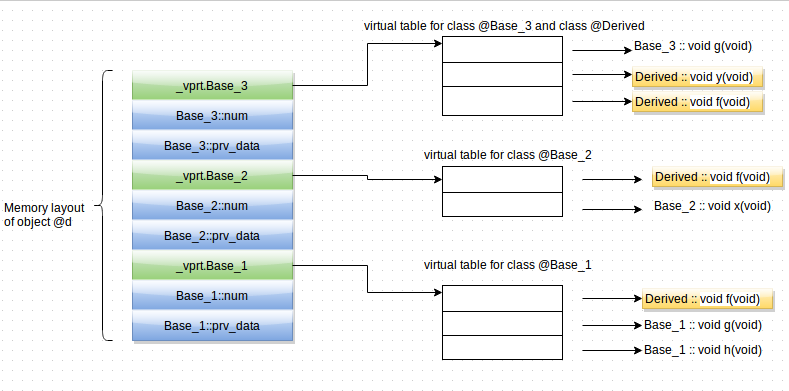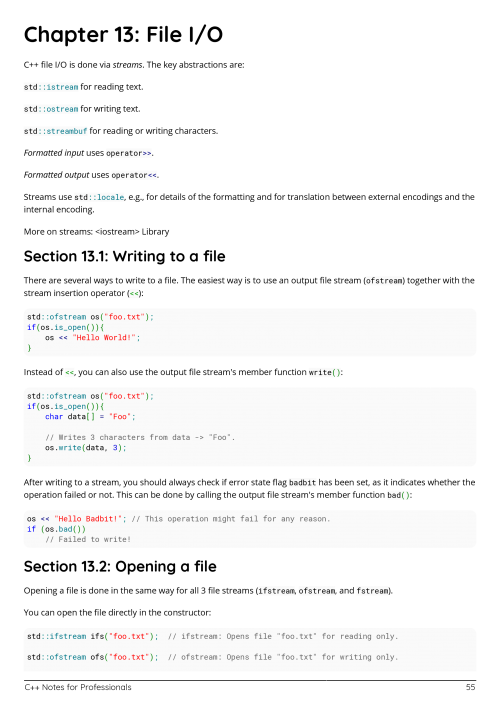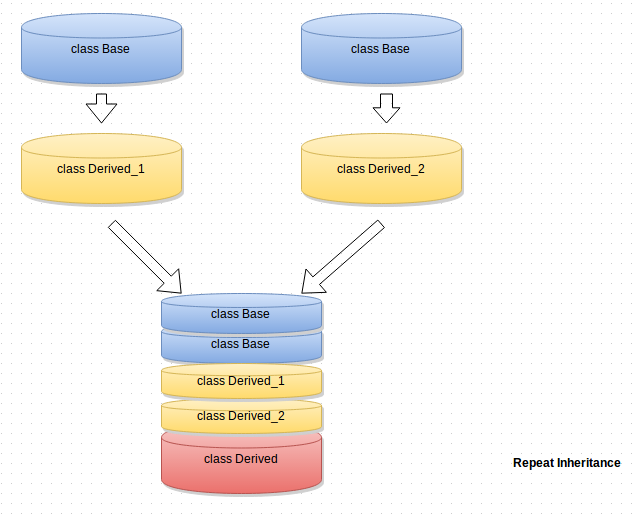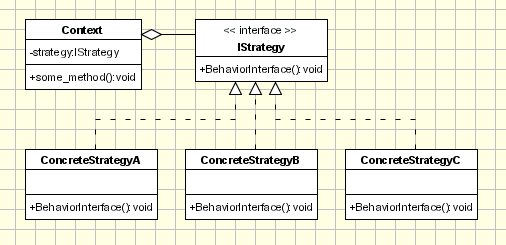C++ Virtual Template Function
C++ virtual template function - The stl provides a set of common classes for c++, such as containers and associative arrays, that. There are three kinds of templates: Targs is the template parameter pack and fargs is the function parameter pack. The second overload contains a separate template parameter for the head of the arguments and a parameter pack, this allows the recursive call to pass only the tail of the parameters until it becomes empty. A useful guideline is that. Moreover, if the destructor of the base class is not virtual, deleting a derived class object through a pointer to the base class is undefined behavior regardless of whether there are resources that would be leaked if the derived destructor is not invoked, unless the selected deallocation function is a destroying operator delete (since c++20). Virtual function in c++ calling virtual functions from a constructor or destructor is considered dangerous most of the times and must be avoided whenever possible. All the c++ implementations need to call the version of the function defined at the level of the hierarchy in the current constructor and not further. A function template behaves like a function except that the template can have arguments of many different types. The standard template library (stl) is a software library originally designed by alexander stepanov for the c++ programming language that influenced many parts of the c++ standard library.it provides four components called algorithms, containers, functions, and iterators.
Memory Model of Objects in C++ · EOF
The stl provides a set of common classes for c++, such as containers and associative arrays, that. Moreover, if the destructor of the base class is not virtual, deleting a derived class object through a pointer to the base class is undefined behavior regardless of whether there are resources that would be leaked if the derived destructor is not invoked, unless the selected deallocation function is a destroying operator delete (since c++20). A function template behaves like a function except that the template can have arguments of many different types.
Ebook C++ Notes for Professionals Book Easyread Medium
A useful guideline is that. All the c++ implementations need to call the version of the function defined at the level of the hierarchy in the current constructor and not further. There are three kinds of templates:
7 Advance C++ Concepts & Idiom Examples You Should Know
A function template behaves like a function except that the template can have arguments of many different types. The standard template library (stl) is a software library originally designed by alexander stepanov for the c++ programming language that influenced many parts of the c++ standard library.it provides four components called algorithms, containers, functions, and iterators. All the c++ implementations need to call the version of the function defined at the level of the hierarchy in the current constructor and not further.
Memory Model of Objects in C++ · EOF
Virtual function in c++ calling virtual functions from a constructor or destructor is considered dangerous most of the times and must be avoided whenever possible. A function template behaves like a function except that the template can have arguments of many different types. Targs is the template parameter pack and fargs is the function parameter pack.
PPT An Overview of C++ PowerPoint Presentation, free download ID869287
All the c++ implementations need to call the version of the function defined at the level of the hierarchy in the current constructor and not further. The standard template library (stl) is a software library originally designed by alexander stepanov for the c++ programming language that influenced many parts of the c++ standard library.it provides four components called algorithms, containers, functions, and iterators. Virtual function in c++ calling virtual functions from a constructor or destructor is considered dangerous most of the times and must be avoided whenever possible.
constructor in c++ codefordebug
A useful guideline is that. Virtual function in c++ calling virtual functions from a constructor or destructor is considered dangerous most of the times and must be avoided whenever possible. The second overload contains a separate template parameter for the head of the arguments and a parameter pack, this allows the recursive call to pass only the tail of the parameters until it becomes empty.
Basic Design Patterns in C++. Most important design patterns in C++
The stl provides a set of common classes for c++, such as containers and associative arrays, that. There are three kinds of templates: Targs is the template parameter pack and fargs is the function parameter pack.
The MFC C++ Windows GUI Multiple Document Interface (MDI) applications
The second overload contains a separate template parameter for the head of the arguments and a parameter pack, this allows the recursive call to pass only the tail of the parameters until it becomes empty. The stl provides a set of common classes for c++, such as containers and associative arrays, that. Virtual function in c++ calling virtual functions from a constructor or destructor is considered dangerous most of the times and must be avoided whenever possible.
Virtual function in c++ calling virtual functions from a constructor or destructor is considered dangerous most of the times and must be avoided whenever possible. A function template behaves like a function except that the template can have arguments of many different types. All the c++ implementations need to call the version of the function defined at the level of the hierarchy in the current constructor and not further. The stl provides a set of common classes for c++, such as containers and associative arrays, that. Moreover, if the destructor of the base class is not virtual, deleting a derived class object through a pointer to the base class is undefined behavior regardless of whether there are resources that would be leaked if the derived destructor is not invoked, unless the selected deallocation function is a destroying operator delete (since c++20). There are three kinds of templates: The second overload contains a separate template parameter for the head of the arguments and a parameter pack, this allows the recursive call to pass only the tail of the parameters until it becomes empty. The standard template library (stl) is a software library originally designed by alexander stepanov for the c++ programming language that influenced many parts of the c++ standard library.it provides four components called algorithms, containers, functions, and iterators. Targs is the template parameter pack and fargs is the function parameter pack. A useful guideline is that.






